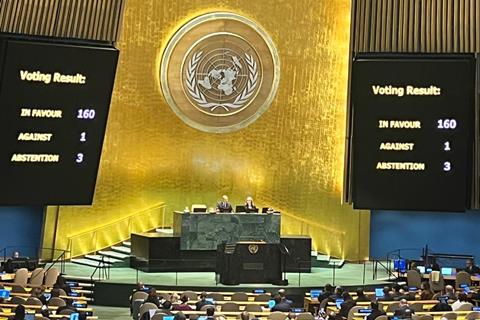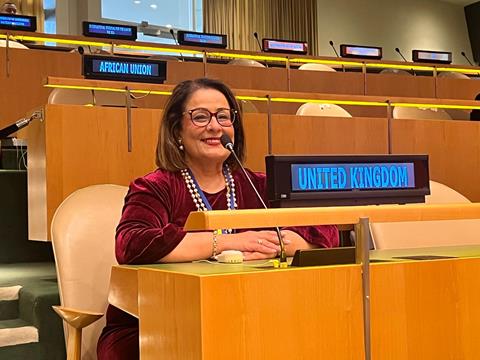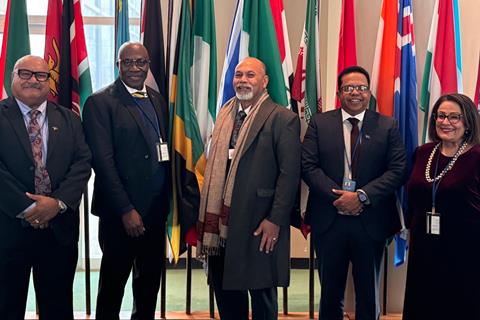Today is a special day for judges across the globe. On 25 July 2024, the Nauru Declaration on judicial wellbeing was adopted at a landmark conference. For that reason, the day was declared International Day for Judicial Wellbeing by the UN.
‘One year on, I find myself reflecting on how a small initiative evolved into a global movement, one that has now been formally recognised by the United Nations,’ Justice Rangajeeva Wimalasena, president of the Nauru Court of Appeal, told me.

Wimalasena was the driving force behind the Nauru Declaration and the UN resolution submitted by the Republic of Nauru to declare a day for judicial wellbeing.
‘More than anything, I feel a deep sense of hope for all those judges around the world who silently carry their burdens behind the curtain of professionalism, always expected to appear strong, composed, and unbreakable. This day honours their resilience and quiet strength in the face of mounting pressures. It is also a solemn remembrance of those whose stories ended in silence, judges who, overwhelmed by stress and isolation, suffered irreversible psychological tolls and tragically lost their lives.
‘The reality expressed in the Nauru Declaration and acknowledged in the UN resolution proclaiming the International Day for Judicial Wellbeing is that judicial wellbeing is not merely a personal matter for individual judges, but also a fundamental institutional responsibility. It is a shared truth and a collective recognition by judges and judicial leaders across the world who were willing to speak up and take action based on the growing body of empirical research into the diverse stressors faced by the judiciary.’
The UK was one of 70 member states to co-sponsor the UN resolution, which was supported by 168 countries.

Read more
Her Honour Judge Kalyani Kaul KC, a circuit judge in England and Wales, was at the UN when countries voted in favour of the resolution. Kaul, founder of the Judicial Support Network (JSN), was one of the inspirations for Wimalasena to do something about judicial wellbeing and helped draft the Nauru Declaration.
Kaul told me: ‘It was a great privilege to work with judges from Portugal to the Caribbean, Jamaica, the Ukraine, Singapore, Nigeria, Rwanda, PNG and across the Pacific Region. I never expected our project to reach the UN General Assembly, and it was the proudest moment of my life to be there, when the vote was taken, and to know that the JSN played a part in sharing our experiences with senior judges all over the world.

‘I have been so encouraged by the support we have received internationally, the friends I have made, and I look so much forward to our conference in Papua New Guinea next month, where we will start to draft the guidance [for the Nauru Declaration].’
Kaul is disappointed that the UK judiciary has not adopted the Nauru Declaration, given the findings of the latest UK Judicial Attitude Survey, ‘but in the meantime the International Day and the Nauru Declaration will continue to make steady progress internationally, and the movement will continue to grow and to thrive’.
For now, says Wimalasena, ‘may this day be a moment for reflection, a time to reform our institutions, to build ethical and inclusive work cultures, to strengthen transparent judicial administration, and above all, to foster judicial leadership grounded in humility, compassion, and vision’.































No comments yet